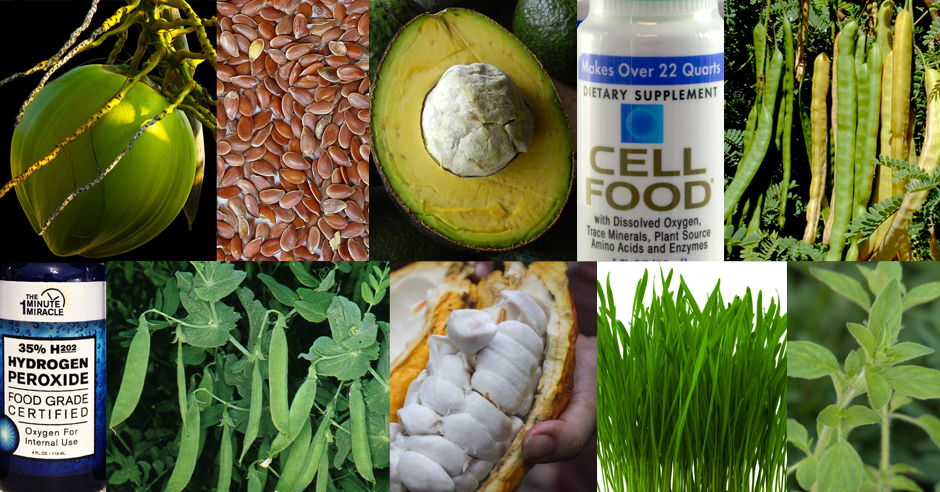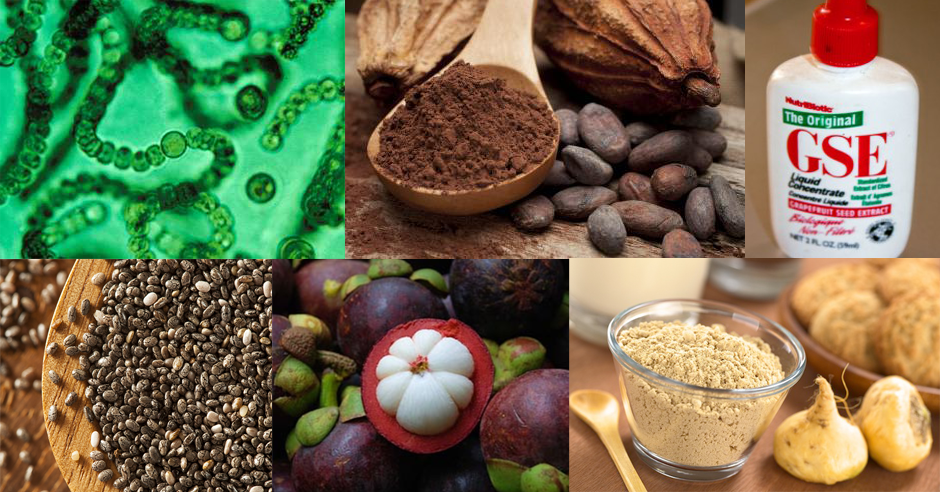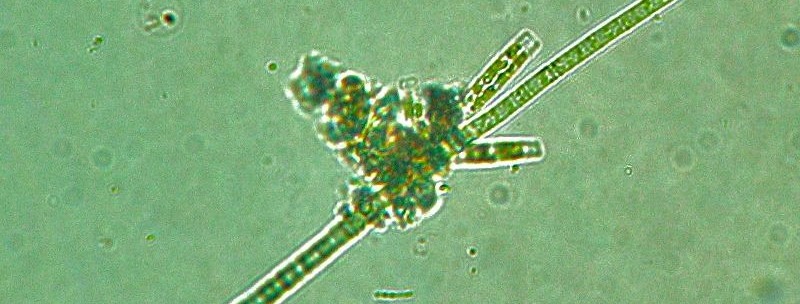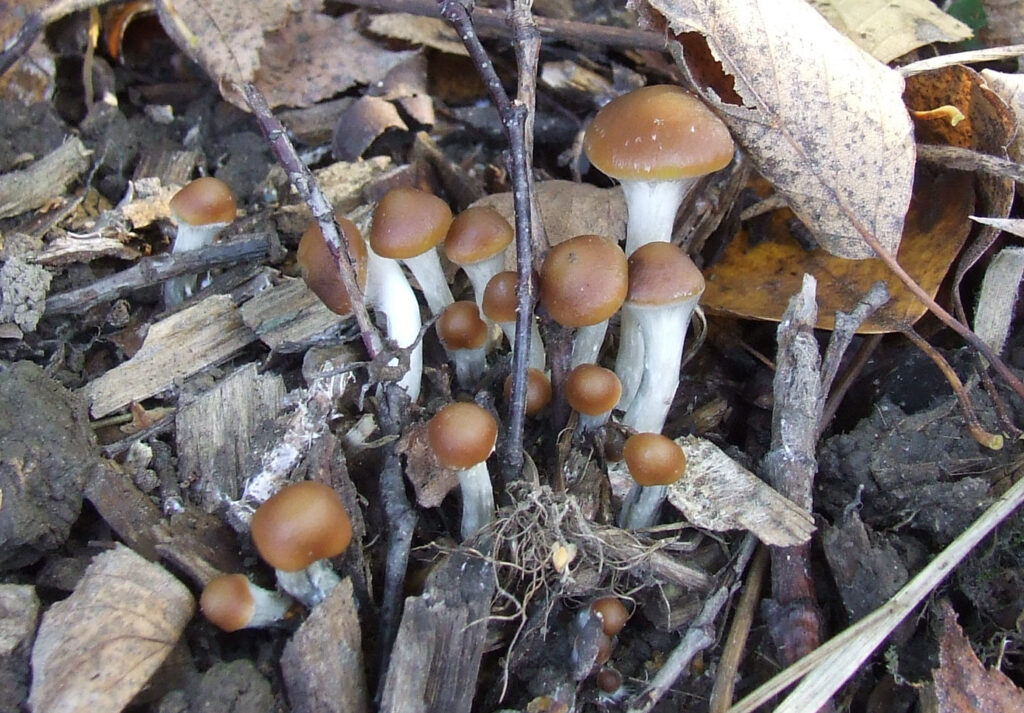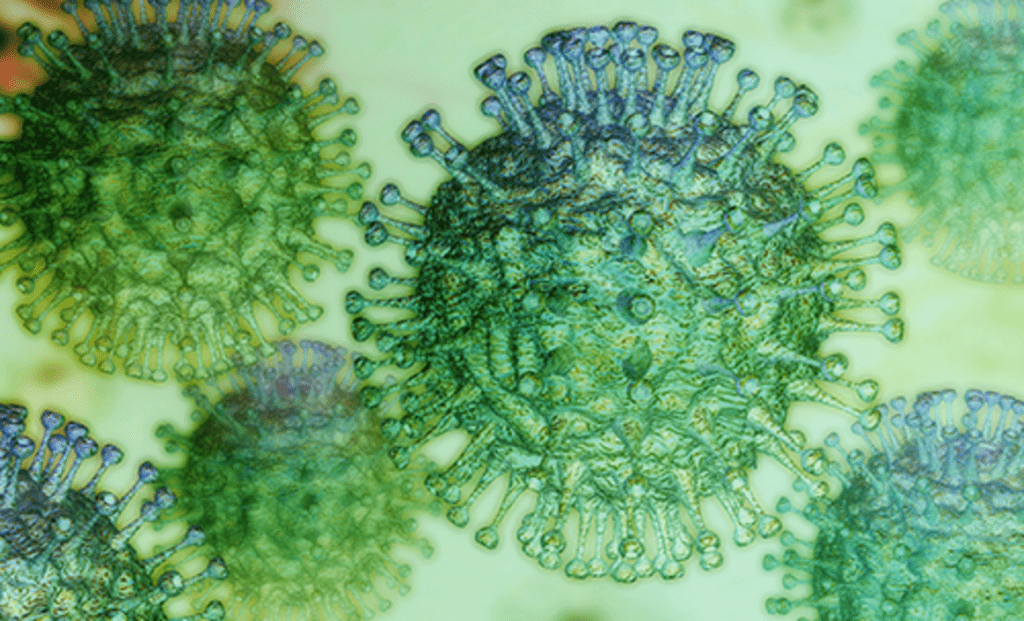A question about pea protein…
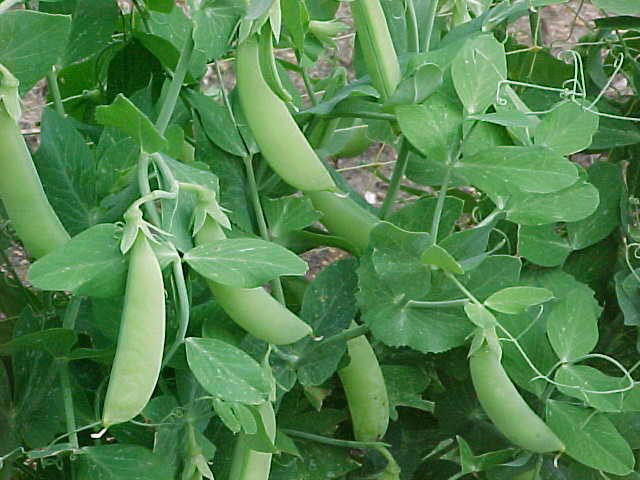
I recently posted an article to the urbandiner.ca website on the subject of the legumes (“Beans, beans, the magical fruit?“), in part taken from a chapter of my upcoming book “Food As Medicine” The Theory and Practice of Food”. In the last part of my blog I discuss the issue of the vegan protein powders that seem all the rage these days. I have spent some time on medline researching these ingredients, chief among them being pea protein isolate. If you do a google search on it, most of the “information” is marketing, about how it’s well-tolerated, well-digested and hypoallergenic. But is it really?
Looking on medline however there is very little research to back up any of these claims. There is one chemical study which suggests that it might be suitable for infant formula, and another short trial in non-anemic healthy women, but nothing much else. With regard to the last trial, it’s important to point out that many vegans are in fact iron-deficient, despite the fact that their diet might otherwise contain sufficient iron, so it is difficult to say if this data has any significance for the intended user.
Far from being a whole food, pea protein isolate is a highly purified chemical extract, dramatically increasing the protein content of the unprocessed pea (around 10-15%) to upwards of 90% in the isolate. Part of the processing involves treating the extract with fungal-phytase to digest the phytic acid, a chemical that binds up minerals and impairs their absorption. And that’s probably a good thing, since mineral status in vegans is usually impaired, increasing the risk of impaired bone mineralization and fracture. Apart from the amino acid profile of isolated pea protein however it appears that there is very little other information of what is in this product. Like many legumes peas (Pisum sativum) contain antinutrient factors, lectins and potentially allergenic substances. In one study with pigs, anti-nutrient factors in the pea protein isolate had a negative impact on growth and development. Lectins and allergenic substances have also been found in pea, but once again, there is very little information on the long-term safety and suitability of pea protein isolate, especially for people who are increasingly relying upon it as their primary source of protein.
Personally, I am not ready to cast judgment on pea protein isolate yet, and indeed it may turn out to to be a “miracle” food supplement for vegans. But it also seems to me that this product has been brought to market without sufficient testing. I would like to see long-term feeding trials in experimental animals, or if PETA and vegans disagree, perhaps the companies that are making a good buck off these products could sponsor a trial so we can get some solid data instead of heresay and marketing.
If anyone has any solid information on this product I am all ears.


